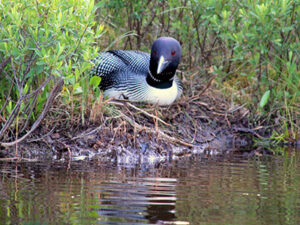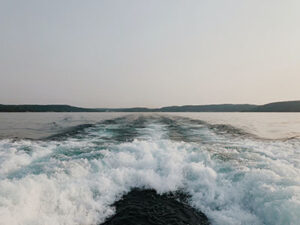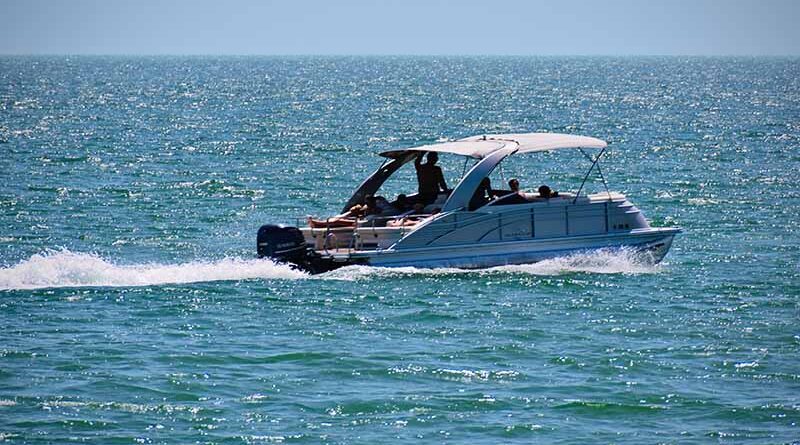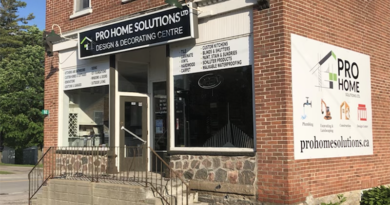Being a Responsible Boater
Boating is a favourite pastime for many people – an enjoyable way to take in the outdoors and spend time with family and friends. With more than 15 million Canadians taking part in boating each year, it’s important to be a responsible boater. Boating can cause fuel and oil spills, spread invasive species, cause sediment disruption, as well as boat wakes that can erode shorelines, swamp nests, damage docks and boats.
The good news is there is much we can do to help keep our lakes healthy. When enjoying time on the water this boating season, remember to:
• Use water and bio-friendly cleaners to maintain your boat and equipment. Just because a product says it is biodegradable does not mean it is bio-friendly. Also look for phosphate-free products.
• Adhere to speed limits. Ontario, Manitoba, Saskatchewan, Alberta and the inland waters of British Columbia and Nova Scotia have speed limits of 10 km/h within 30 metres of shore. While this speed limit may or may not be posted, it is still in effect with few exceptions.
• View wildlife from a distance. Avoid fast speeds and large wakes to keep wildlife safe.
• If fishing, be sure to bring back all snagged and broken nets, hooks, and monofilament as they can harm wildlife if left behind.
• Do not release bait or empty bait buckets into the lake.
• Refuel your boat away from water when you can. If refueling on the water, use absorbent pads. Do not use auto shutoff and be careful not to overfill. Make sure portable fuel tanks are secure and closed properly.
• Keep an oil spill kit on the boat and don’t use detergent on an oil spill to dispel it – it only makes things worse.
• Ensure your boat, trailer and all other equipment (even water toys like pulling tubes) are free of mud, plants, fish and other organisms to prevent the spread of invasive species. Follow the ‘Clean, Drain, Dry’ guidelines.
• Wash equipment away from the water’s edge to keep debris from washing into the lake.
• Bring all garbage back to shore to dispose of properly.
• Dispose of human and pet waste appropriately when return to land.
 • Ensure your boat is well maintained to reduce the likelihood of gas and oil leaks.
• Ensure your boat is well maintained to reduce the likelihood of gas and oil leaks.
For more information on how you can show your lake some love, visit LoveYourLake.ca. Love Your Lake is a shoreline evaluation program developed by the Canadian Wildlife Federation and Watersheds Canada.
Photo Credit – Loon – Dana Moos from Southwest Harbor, Maine, USA – IMG_9020Uploaded by Snowmanradio, CC BY-SA 2.0, via Wikimedia Commons




